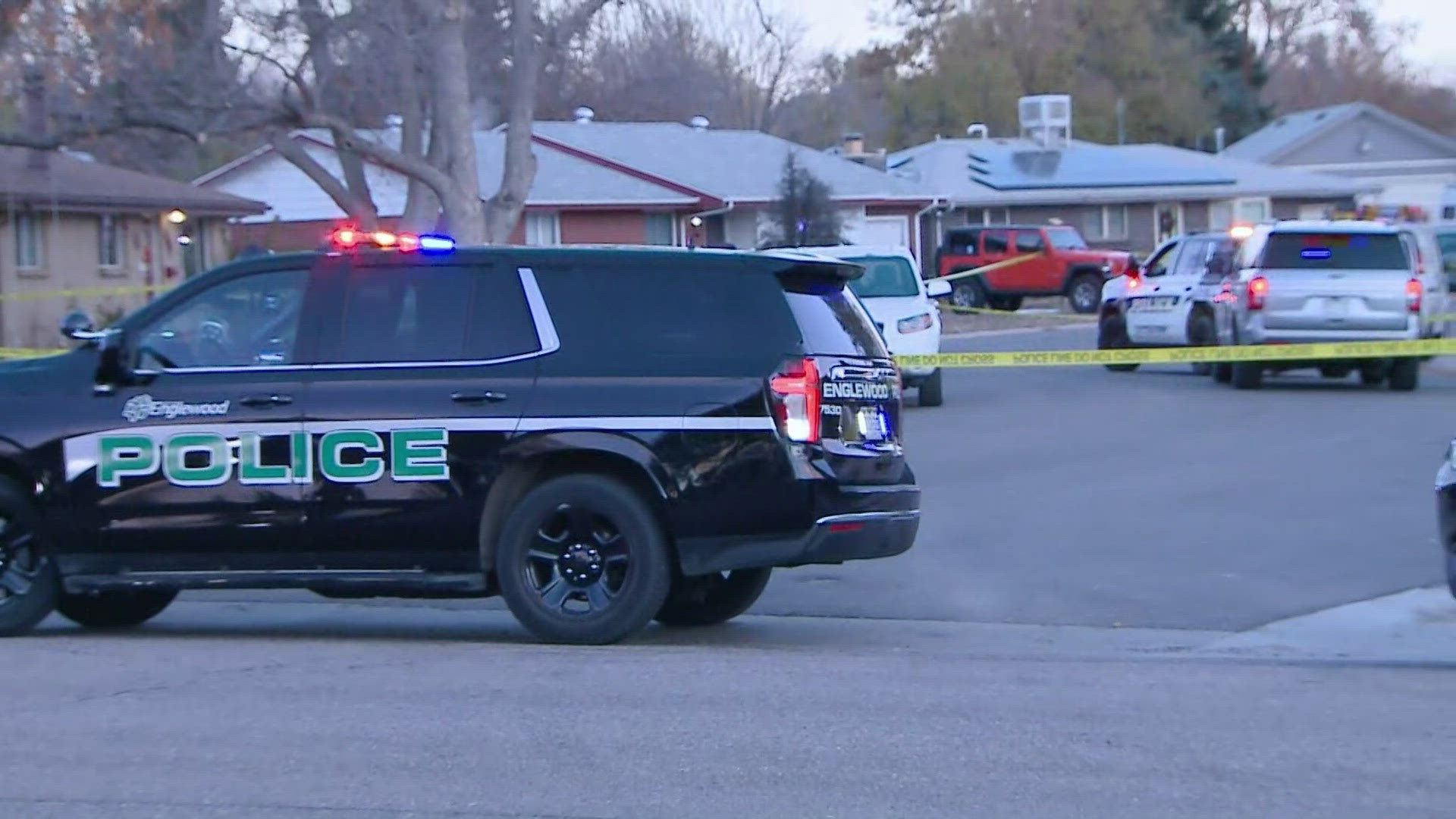Clark leaned back and looked at the ceiling once the jury was dismissed. He gave a small smile to relatives before he was taken from the courtroom in handcuffs.
"Today ultimately shows that nobody wins," Rosalind Williams, Darrent Williams' mother, said. "I love my only son and his children lost their father. This doesn't bring him back."
Rosalind Williams was crying as she left the courtroom.
"We'll never know what happened that night," she said later. "This is a start, to clean up the streets here and hopefully everywhere else."Denver Broncos President and CEO Pat Bowlen released a statement moments after the verdict was read.
"Nothing can ever bring Darrent Williams back or ease the suffering for (his mother) Rosalind and her grandchildren," Bowlen said in the statement on the team's official site. "But after three long years, it is very gratifying to see closure brought to this case. This process has been extremely difficult for the Williams family, his friends and teammates, this community, and the entire Denver Broncos organization."
Bowlen went on to thank the Denver Police Department and the Denver District Attorney's Office for their work, and thanked the community for its support.
"This was a quest for justice," Denver District Attorney Mitch Morrissey said.
Bowlen added: "Darrent's legacy will live on for all of us in the Broncos organization, and the outstanding work done each day at the Darrent Williams Memorial Teen Center is a tribute to his impact on this community. Our hearts continue to go out to the entire Williams family."
"It's a senseless crime," Rosalind Williams said. "It's a life lost that can't be brought back."
Later on Thursday afternoon, Rosalind Williams laid flowers near 11th Avenue and Speer Boulevard, the intersection where her son was killed.Soon after learning his fate, Clark was taken into custody and handcuffed by one of the more than a dozen law enforcement officers in the room.
There was no immediate word on a possible appeal, but defense attorney Darren Cantor told three sobbing people in the courtroom, "Try to breathe, OK? That's what appeals are for."
Cantor told reporters that Clark's family was upset and had no comment.
Clark had long said he was not in the SUV from which the fatal shot was fired in the early morning hours of New Year's Day 2007. During the course of the trial, Clark's defense tried to place most of the blame on the shoulders of Daniel Harris, a suspected gang member and associate of Clark. Prosecutors countered saying there was "a mountain of evidence" against Clark, a suspected member of the Denver Eastside Tre Tre Crips. They believed Clark, while driving a white Chevrolet Tahoe, pulled alongside a stretched Hummer limousine and opened fire using his own semi-automatic handgun. Williams was hit in the neck. Two others were hit as well. Brandon Flowers and Nicole Reindl both survived and testified during the trial. Prosecutors felt Clark became enraged after being "disrespected" by a group of Denver Broncos in and outside of the Safari Nightclub on Broadway just south of downtown. They told the jury that Clark, Harris, Mario Anderson and Kataina Jackson-Keeling hopped in the Tahoe that night with at least Clark bent on revenge. The trial itself was marked by reluctant witnesses, three of whom were temporarily jailed for refusing to take the witness stand. A number of witnesses, including Harris, were given deals on pending federal drug cases in order to get them to testify at trial. The defense roundly criticized the prosecution for going down that route, and a pair of "alternate" jurors had told the press in the days leading up to the verdict that they were uncomfortable with that fact. "This was a difficult case for prosecutors because their star witness is a convicted felon (Harris) who got a very good deal in order to testify," 9NEWS Legal Analyst Scott Robinson said.
Security was tight throughout the trial, and 13 armed sheriff's deputies stood in the courtroom as the verdict was read.
Clark declined to testify, citing threats to himself and his family. Cantor said gang members had threatened to turn Clark into "Swiss cheese" if he said anything in court. The case lacked a lot of physical evidence, and the trial lacked a lot of the scientific evidence which typically occupies a lot of the jury's time during the course of a trial. Clark will be sentenced on April 30 at 1:30 p.m. Habas said Thursday she would allow a total of 20 people from both sides to speak in court or write letters. Clark still faces even more legal trouble. Denver prosecutors have also charged him with first-degree murder in the death of a woman, Kalonniann Clark, no relation, who was about to testify in an attempted murder case. He faces life in prison in that case if convicted at trial.
Williams was 24 and in his second season with the Broncos. He was already a starter and had four interceptions that season, second-best on the team. He was tied for third in tackles with 86.
He was a native of Fort Worth, Texas, and was a star cornerback at O.D. Wyatt High School there. He played at Oklahoma State, where he was a 2003 All-Big 12 selection.
The Broncos made him their second-round pick, 56th overall, in the 2005 draft.
In December, Williams had said he wanted to return to Fort Worth in the 2007 offseason to talk to kids about staying out of gangs. />

